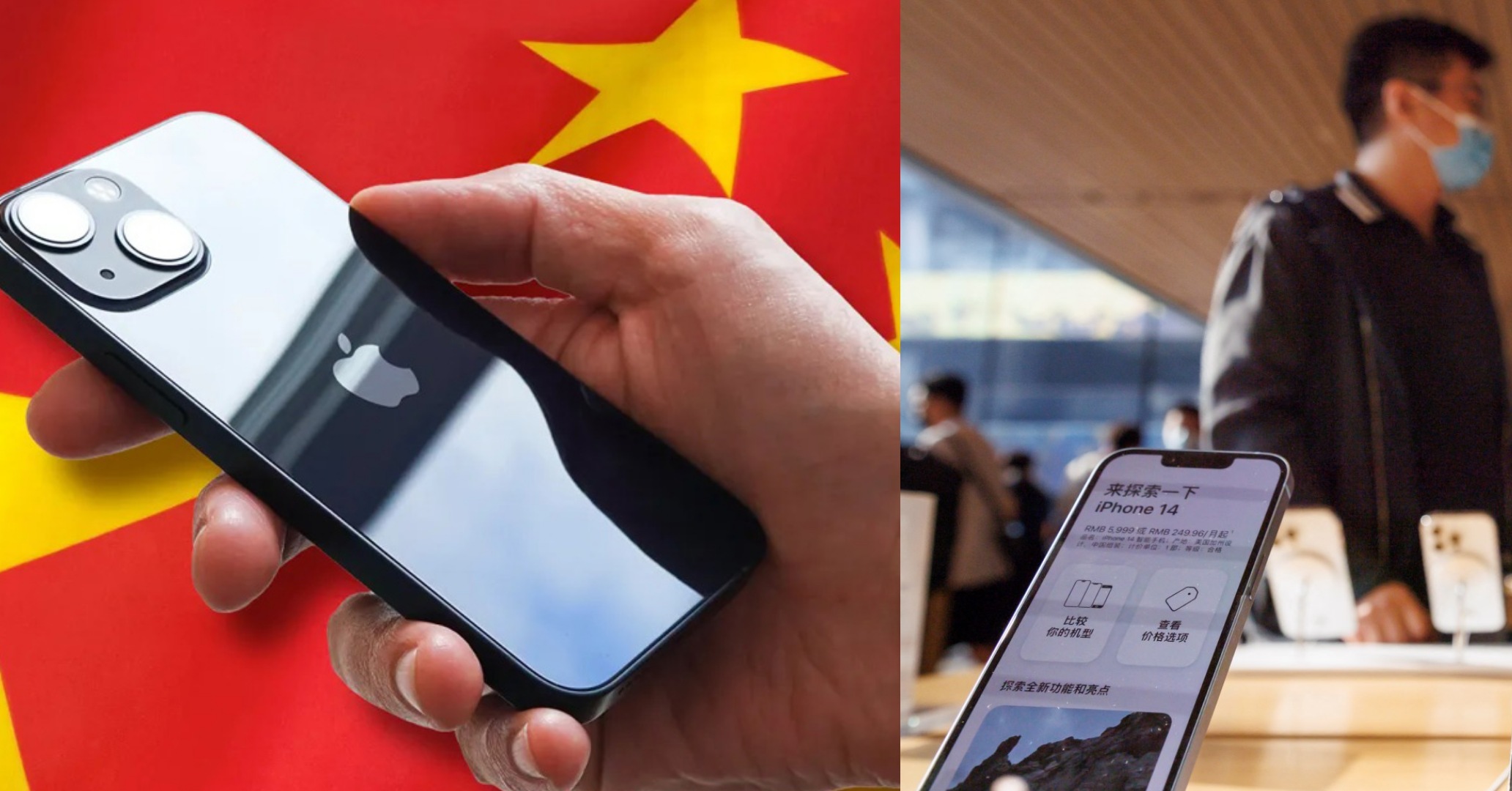
According to Bloomberg News, various Chinese state agencies and state-backed companies have recently advised their employees against bringing Apple iPhones and other foreign devices to the workplace. This move aligns with China’s longstanding goal of reducing dependence on foreign technologies by urging state-affiliated entities, including banks, to transition to local software and promoting the development of domestic semiconductor chip manufacturing.
In the past month or two, multiple state-affiliated firms and government departments spanning at least eight provinces have issued directives instructing their staff to use local brands, as reported by Bloomberg News.
Apple has not responded immediately to Reuters’ request for comments. In December, smaller firms and agencies in lower-tier cities, including those in Zhejiang, Shandong, Liaoning, and central Hebei (home to the world’s largest iPhone factory), issued verbal directives of their own, as stated in the Bloomberg News report. Earlier in September, Reuters reported that employees in at least three ministries and government bodies were instructed not to use iPhones at work.
Meanwhile, Apple’s shares experienced a marginal decline to $196.50 in extended trading. Apple has been diversifying its production away from China, with recent reports indicating a shift in product development resources for the iPad to Vietnam. The company is collaborating with China’s BYD, a key iPad assembler, marking the first time Apple has moved new product introduction (NPI) resources to Vietnam for a core device. The engineering verification for test production of a new iPad model is expected to commence around mid-February, with availability projected for the second half of the next year.
In October, Chinese e-commerce platforms, including Pinduoduo and Taobao, offered substantial discounts on Apple’s latest iPhone 15 series. However, analysts noted that the iPhone 15 has not performed as well in the Chinese market as its predecessor, with Counterpoint Research reporting a 4.5 percent decline in sales compared to the iPhone 14 during the first 17 days after its market launch in October.
